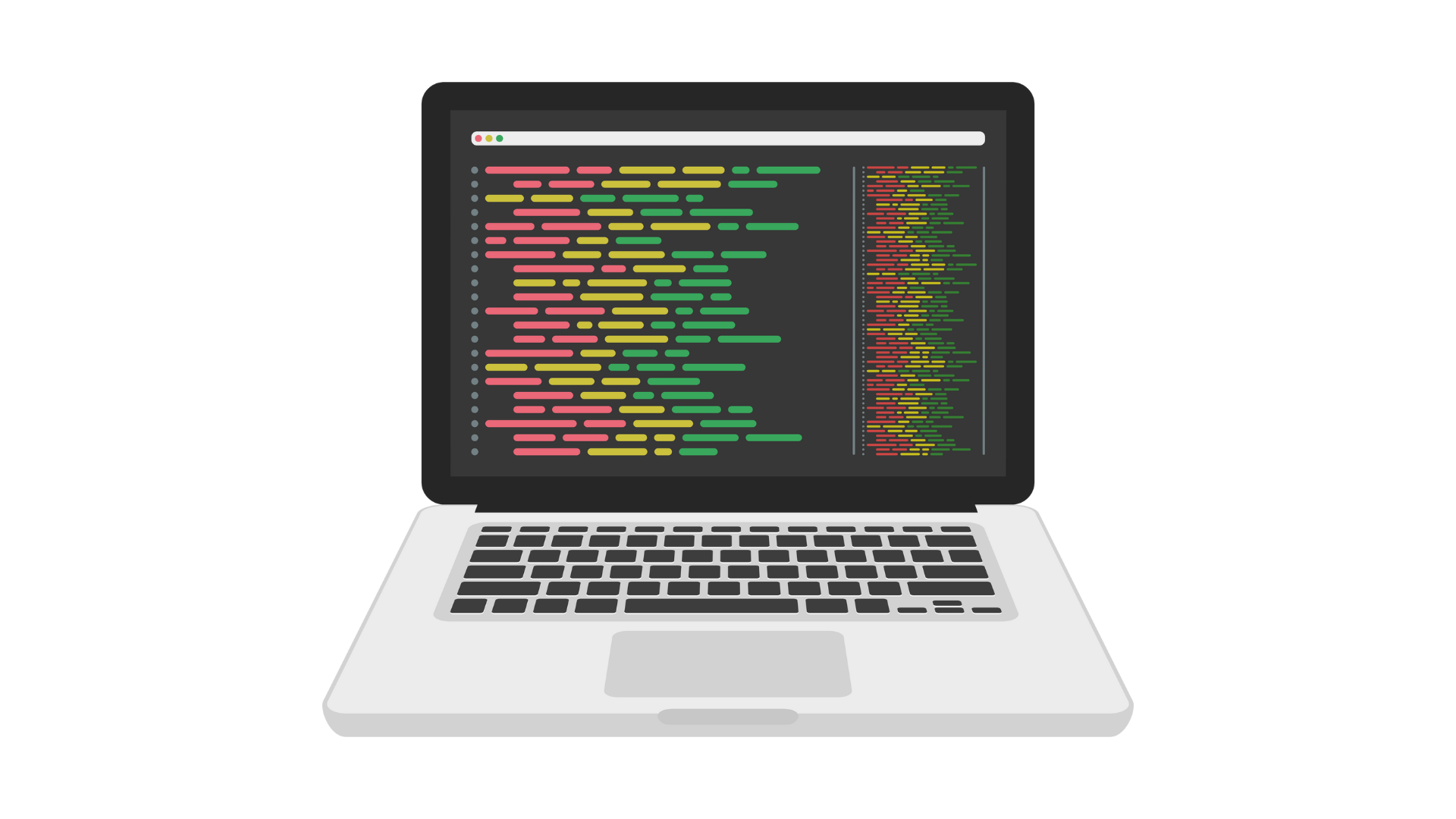
IT offers technical training courses to Berkeley Lab employees in partnership with UC Berkeley. Click on the course titles below to learn more and register through the Berkeley Lab portal.
FAQ: Can I get the recording of the workshop even if I don’t attend it live?
Yes, as long as you register ahead of time, you will automatically receive an email within a few days after the workshop (or workshop series) has completed.
- Berkeley Lab staff may contact Erin Scharfstein at ittraining@lbl.gov for training feedback.
- For trouble registering for courses, Zoom links, etc., contact dlab-frontdesk@berkeley.edu.
- Visit it.lbl.gov/training for more IT learning and consulting opportunities.
Course Listing
Excel Data Analysis: Charts, Pivot Tables, and VLOOKUP
February 29, 2024, 9:00am to 12:00pm
This three-hour workshop will cover charts in more detail, review pivot tables, and the widely-used VLOOKUP function.
Covidence: Getting Started
February 29, 2024, 12:00pm to 2:00pm
Covidence, a web-based tool licensed by the UC Berkeley Library, helps with your systematic and other literature reviews, which are popular processes to summarize and synthesize literature in your topic of interest.
Python Data Wrangling and Manipulation with Pandas
March 4, 2024, 10:00am to 1:00pm
Pandas is a Python package that provides fast, flexible, and expressive data structures designed to make working with ‘relational’ or ‘labeled’ data both easy and intuitive. It enables doing practical, real world data analysis in Python.
R Fundamentals: Parts 1-4
March 5, 2024, 10:00 a.m. to March 14, 2024, 12:00 p.m.
This workshop is a four-part introductory series that will teach you R from scratch with clear introductions, concise examples, and support documents.
Python Data Visualization Pilot: Parts 1-2
March 5, 2024, 2:00 p.m. to March 7, 2024, 4:00 p.m.
For this workshop, we’ll provide an introduction to visualization with Python. We’ll cover visualization theory and plotting with Matplotlib and Seaborn, working through examples in a Jupyter notebook.
Python Geospatial Fundamentals: Parts 1-2
March 5, 2024, 2:00 p.m. to March 7, 2024, 4:00 p.m.
Geospatial data are an important component of data visualization and analysis in the social sciences, humanities, and elsewhere. The Python programming language is a great platform for exploring these data and integrating them into your research.
R Geospatial Fundamentals: Parts 1-3
March 11, 2024, 9:00 a.m. to March 18, 2024, 11:00 a.m.
Geospatial data are an important component of data visualization and analysis in the social sciences, humanities, and elsewhere. The R programming language is a great platform for exploring these data and integrating them into your research.
Python Deep Learning: Parts 1-2
March 12, 2024, 2:00 p.m. to March 14, 2024, 5:00 p.m.
The goal of this workshop is to build intuition for deep learning by building, training, and testing models in Python. Rather than a theory-centered approach, we will evaluate deep learning models through empirical results.
Python Text Analysis Fundamentals: Parts 1-2
March 14, 2024, 10:00 a.m. to March 21, 2024, 1:00 p.m.
This two-part workshop series will prepare participants to move forward with research that uses text analysis, with a special focus on humanities and social science applications.
R Data Wrangling and Manipulation: Parts 1-2
March 19, 2024, 9:00 a.m. to March 21, 2024, 11:000 p.m.
It is said that 80% of data analysis is spent on the process of cleaning and preparing the data for exploration, visualization, and analysis. This R workshop will introduce the dplyr and tidyr packages to make data wrangling and manipulation easier.
R Data Visualization
March 20, 2024, 2:00pm to 4:00pm
This workshop will provide an introduction to graphics in R with ggplot2. Participants will learn how to construct, customize, and export a variety of plot types in order to visualize relationships in data.

